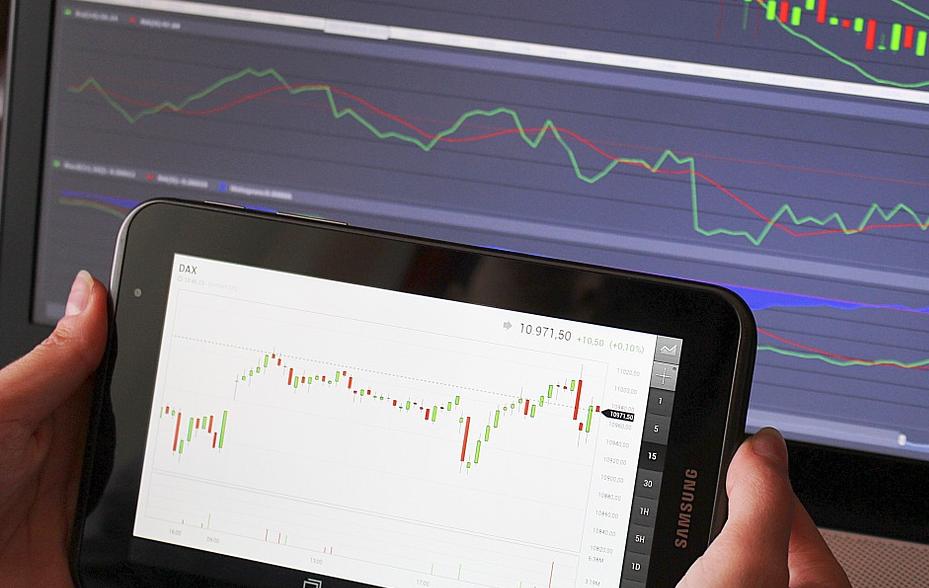One of the first decision that any trader needs to take before embarking on the trading journey is selecting the instrument and the timeframe he should trade.
The timeframe in which a trader should trade in mostly depends upon his personality. While traders with patience can succeed in swing trading, disciplined traders who can keep a strict control over their emotions under control can succeed in day trading.
Once the timeframe is decided, the next most important decision that should be taken is regarding the type of instrument he should trade. A trader can either trade in index derivatives or independent stock derivates.
Below are the some of the points that should be considered before deciding between index and independent stock derivatives:
Liquidity
Index futures and options have more liquidity than independent stock derivatives. Liquidity makes it possible to take buy and sell orders quickly. Index futures are more liquid than any independent stock derivative as most investors hedge their portfolios through index futures and options rather than independent stock derivatives.
Availability
Unless you are trading in big markets like USA or Europe, derivative instruments for some stocks are not widely preferred by hedgers and speculators. The result of this is that you will not get active options at multiple strike points. In such cases, it is better to go for index futures rather looking for opportunities in independent stock derivatives.
Risk of Trading Against Trader with Insider Information
One of the little-kept secrets in the stock market is that there is always a person who has inside information about the happenings in an organization. It could be the senior executives of the organization, his family members, consultants of the organization, and even some regular employees. Trading in independent stock derivatives will put you at the risk of trading against these people with inside knowledge. While you may have good trading skills, no trader can beat an opponent with an unfair advantage. However, it the case of index derivatives, the risk of trading against an opponent with unfair knowledge is negligible. One can have an inside information on the happenings of an organization, but it is not possible to get inside information on a bunch of stocks that form part of an index. Trading in index futures puts you at an equal advantage as any other trader in the market.
Number of Opportunities
A major disadvantage of trading in index derivatives is that the number of alternatives available for a trader are limited. There will be three or four actively traded index derivatives in any market. Traders who want more opportunities and those who look for contrarian bets would do better in trading independent stock derivatives.
As the above discussion shows, deciding between an index and independent stock derivatives depends upon your personal trading preferences.
Tip: Traders who are comfortable with trading in high volatility instruments can look for trading in commodities or currencies. A single currency pair or an actively traded commodity like Crude Oil have the same level of activity as any major stock index derivative in the world.








